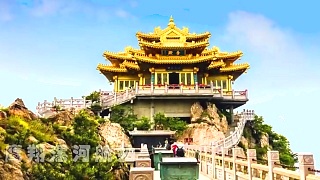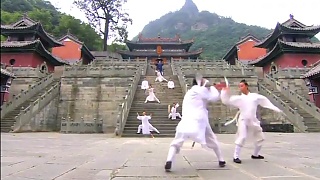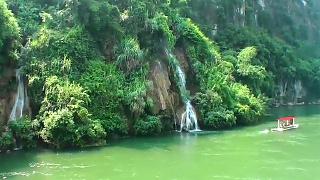The Tao Te Ching in older PinYin.
The 'Book Of The Way', by LaoZi (Lao Tsu / Lao Tse) is the essence of Daoism (Taoism).
An audio book with introduction; don't miss it ...
[640],shadow=true,start=,stop=Bonus film - The Taoist Way - a talk by Alan Watts ...
 The Dao De Jing 道德经
The Dao De Jing 道德经
















